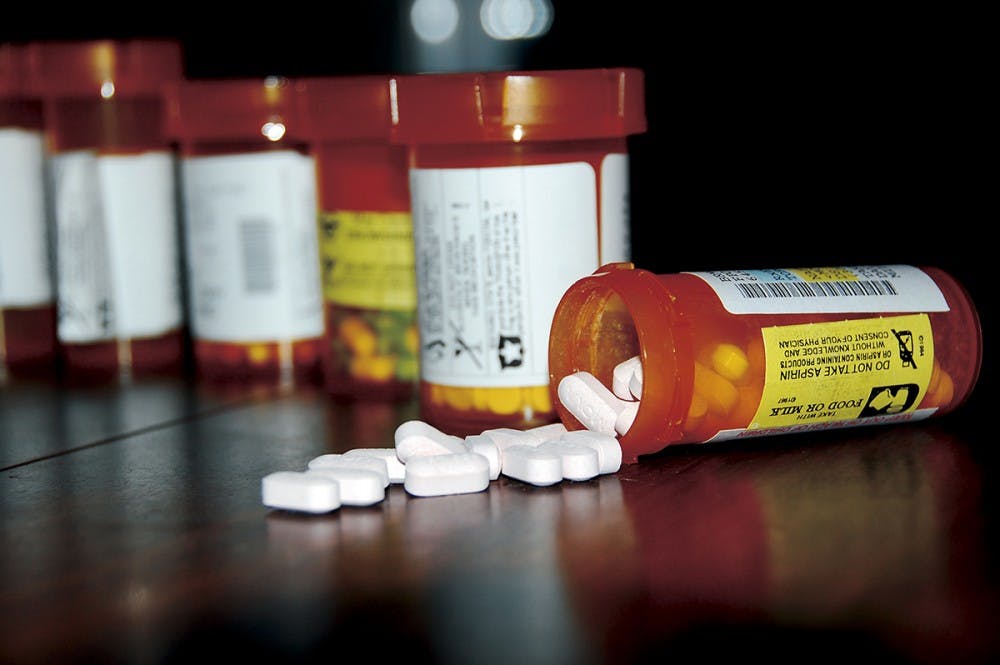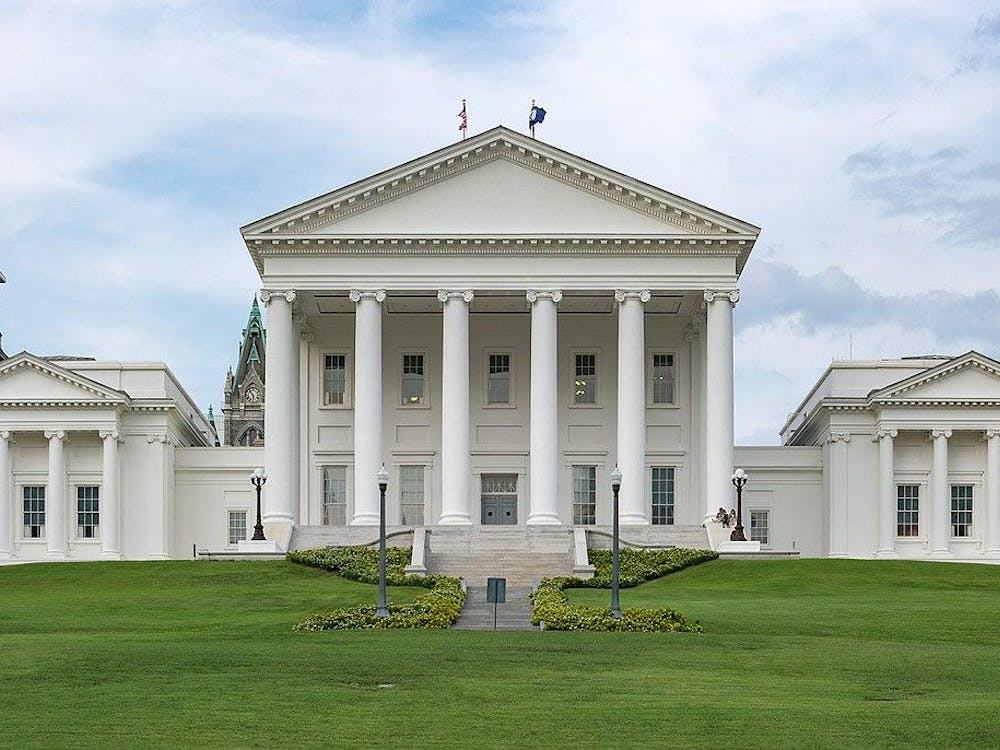There is very little disagreement when it comes to the public’s perception of pharmaceutical companies. Assuming the pejorative nickname Big Pharma, the pharmaceutical industry has become a common punch line in comedy and recipient of the public eye’s intense scrutiny. Last week, renowned cancer researcher Dr. José Baselga stepped down from his position as chief medical officer of Memorial Sloan Kettering Cancer Center following a report of his failure to properly disclose his financial relationship with the drug and device companies related to his scientific research. In light of the recent news, the public has reason to be skeptical of the way pharmaceutical companies conduct business and physicians compromise their integrity. For that reason, we should focus on fostering the existing relationship between physicians and pharmaceutical companies instead of playing the blame game when drug safety and effectiveness is on the line. Drug companies need physicians, physicians need drug companies — neither can operate without the other. This reciprocal dependency inherently sparks a conflict of interest, but the issue is larger — our nation’s community of trust is in question.
It’s not criminal or against any sort of ethical standard for drug companies to compensate physicians for their research efforts. However, since this contract between industry and doctor involves a transaction riding on the outcome of scientific research, the question, “is the work biased?” always needs consideration. FDA-registered studies on clinical trials of antidepressants revealed that “37 of 38 positive studies — that is, studies that showed a drug was effective — were published. But 33 of 36 negative studies were either not published or published in a form that conveyed a positive outcome.” Such selective publication brings into question the internal validity of the research as a whole, heightening the public’s skepticism of previously credible drug treatment as well as the efficacy of the overall medical research process. While consumers of drug findings should remain skeptical and question the authenticity of these critical developments, the responsibility to decide whether the researcher is biased should not ultimately fall on us.
All this said, contributing to the current stigma of drug companies as nefarious, soulless pushers, and physicians associated with pharma companies as profit-seeking and unethical researchers, only demonizes these interactions that are imperative to solving the nation’s public health crisis. So how do we stop the financial corruption of medicine? We should be wary of generalizing sensationalized bad actors in both industries, and cultivate a relationship of authentic reciprocity. Dr. David A. Shaywitz, director of strategic and commercial planning at a San Francisco-based biopharmaceutical company, speaks to the key element of interdependence in this context: “Drug development is far too important, and far too difficult, for anyone to do by themselves. To have even a fighting chance, stakeholders — pharma companies, university researchers, clinicians, and patients — need to work together, and collaborate as if our future health depends upon it. It probably does.” When we consider this interaction as a fundamental building block to the maturity of safe and effective drug research, we can focus on what really matters — restoring the public’s trust, and delivering “medicines capable of rigorously demonstrating value.”
A necessary progression on the way to truly mending this existing interaction is to hold physicians to a higher standard. Physicians, unlike the drug companies, who are largely removed from any personal involvement, typically have the closest relationship to the patients and general public in these contexts. We expect physicians to act according to their Hippocratic Oath, and according to the ethical codes to which their work is bound. Thus, it is essential that institutions establish explicit consequences for violations, such as failure to disclose industry ties, and strictly enforce these rules when ethical lines are crossed. Honest disclosure needs to be a condition to maintain employment. Streamlining the disclosure process for doctors would ultimately build a culture of transparency upon a bedrock of public trust.
Currently, medicine risks falling victim to financial contagion. Redirecting our outrage with the unethical conduct between pharmaceutical companies and physicians at the expense of the nation’s potential increased welfare will do more good than simply going back and correcting the record. A physician knows when he is giving into self-interest. A drug company knows when it is exploiting a self-interested physician. Both parties are in charge of their conduct, both parties are culpable. But the point is not to condemn this relationship — it is to establish standards that give these parties the incentive to refuse their unethical tendencies.
Lucy Siegel is an Opinion Columnist for The Cavalier Daily and was the 128th Opinion Editor. She can be reached at l.siegel@cavalierdaily.com.






